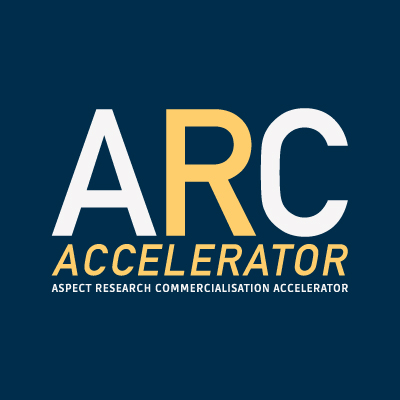Aspect Members: LSE, University of Glasgow, Queensland University of Technology, University of York, University of Exeter.
What is the project doing?
This project is designed to support professional services staff tasked with communicating/promoting/supporting knowledge exchange, innovation and its impact for SHAPE researchers within their institutions.
It seeks to maximise the use of the toolkits and other outputs produced by all CoPs over the first phase of Aspect, as well as supporting the collation of other existing resources within Aspect member institutions, and creation of new resources and sessions where useful.
This project hopes to give members better knowledge of the resources available to them that can be used when supporting academics, and an understanding of the most effective ways of communicating these resources (and knowledge exchange and innovation more broadly) to SHAPE academics in their institutions.
Why is this needed?
The Comms/KE COP has identified some challenges to overcome in the next phase of Aspect, which this project will help address. Firstly, the community is made up of a lot of professional services staff who have comms responsibilities in this area, but a lack of comms experience. Secondly, the outputs from the first phase of Aspect are not as useful as they have the potential to be, particularly for this group. Thirdly, the delivery of training is a core part of Aspect activities, but low uptake for training from researchers continues to be a challenge, and there is limited awareness of the effectiveness of different types of training for the intended audiences.
How can members get involved?
The initial phase of the project will be a scoping one- clarifying the needs of the “trainers” and drawing together relevant learnings from across the network.
Drawing on the learnings from other capacity-building/training projects across the network, the project will focus specifically on the needs of the support staff, rather than the academics/researchers, and think about that challenge of ‘communication’ particularly, how to engage academics/researchers with training programmes and the most effective ways of communicating different types of information.
If members would like to be involved in facilitated discussions that are being planned around these areas or have projects they would be able to discuss with us in more depth please get in touch with Louise Jones (l.jones2@lse.ac.uk).



